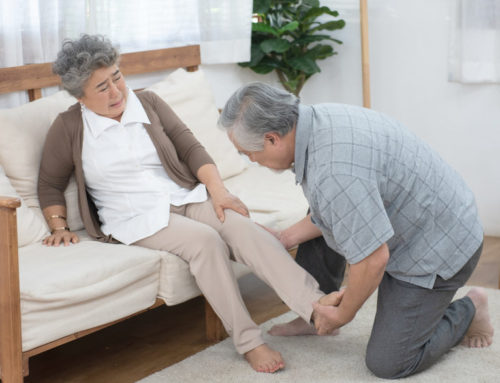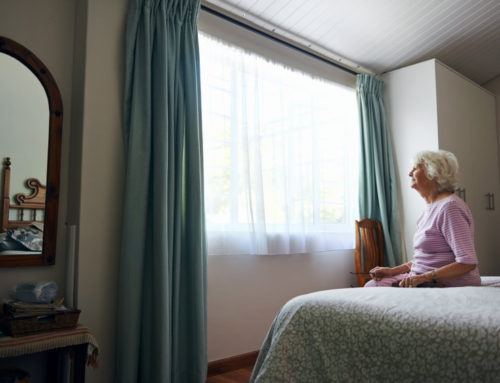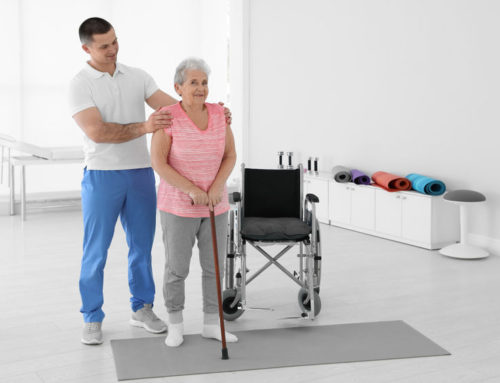Share This Story!
Understanding Long Term Care
As the population ages, the conversation about long term care often arises. Almost 70% of Americans will need some form of long term care. Age aside, people with disabilities or sudden accidents also need some extra help. For the uninitiated, long term care is a complete range of services to support a person’s personal or health needs. Essential assistance includes eating, bathing, changing clothes, and getting in and out of bed. Advanced services even include medical care, therapy, and responding to emergencies.
The rise of long term care
Long term care may sound daunting. But some family members already provide extended care to family members. The sustained effort needed overtime brought a need for outside help. Institutes and freelancers around the country have since been providing long term care. Still, there are some burning questions most families have before choosing a service. Here are the 5 most common questions that will help with the right choice.
1. Do I need long term care?
Long term care intimidates many aging persons. Older men and women try to do everyday activities but find tasks difficult. A great gauge of long term care is the inability to carry out simple tasks for 90 days. Older persons aren’t the only ones who need help. Stroke victims, early-onset Alzheimer’s, and dementia patients need help. Families may not have the time to help. At this point, the family should get together to determine the next steps for long term care.
2. How much would long term care cost?
The costs associated with long term care seem daunting for many families. Every situation is different which makes every answer unique. Costs can vary from state to state and many people have some type of long term care supplemental insurance available.
3. How long would I need long term care?
The average length varies from person to person. Women tend to need more care than men, as women often outlive men by more than 5 years. Concerning time spent in care, some long term care takes only a few hours a day. In serious cases, live-in care may be needed to deal with health issues. A qualified long term care provider can help gauge the time needed based on the current health of the person.
4. Do I need to go to a nursing home?
Not necessarily. Nursing homes provide a range of services, including medical and therapeutic. Nursing homes can provide long term care. However, long term care does not need to happen in a nursing home. In fact, most long term care happens in the comfort of home. A caregiver works for several hours a week cleaning, cooking, and helping move and change patients.
5. Does Medicare cover my long term care?
Medicare can cover initial nursing home visits and some medical expenses. However, Medicare does not cover long term care services. To cover the cost of long term care, a select few insurance companies provide long term insurance. With these plans, a monthly investment matures to cover long term care costs. Insurance will vary based on the age started, and the type of coverage selected.
Get the care you need today
If these questions come to mind, long term care may be in the cards soon. Being better informed helps families work out the financial and logistical hurdles. The care and safety of family members take priority. Consult a long term care provider for the best options available to make the journey a smooth one.





